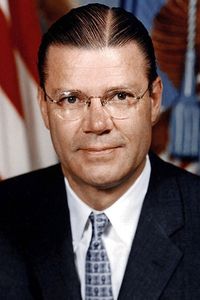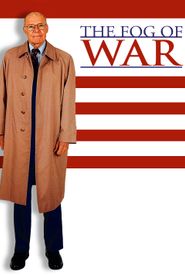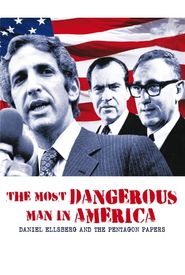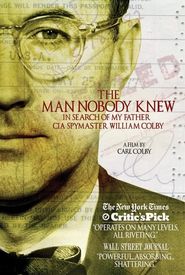Robert S. McNamara was born on June 9, 1916, in the vibrant city of San Francisco, California. He began his academic journey at the University of California, Berkeley, where he earned a Bachelor's degree in Mathematics and Philosophy in 1937. McNamara's thirst for knowledge led him to pursue a Master's degree from the prestigious Harvard Graduate School of Business Administration, which he completed in 1939.
Following his academic pursuits, McNamara embarked on a teaching career from 1940 to 1943 at Harvard. However, his teaching stint was cut short when he joined the Army Air Force in 1943. During his military tenure, he was awarded the prestigious Legion of Merit and promoted to the rank of lieutenant colonel. McNamara's military service came to an end in April 1946, when he went on inactive duty.
After leaving the military, McNamara was recruited by Henry Ford II to help modernize the struggling Ford Motor Company. He was elected as a director of the company in 1957 and eventually became the president in 1960. However, his tenure as president was short-lived, as he was appointed as the Secretary of Defense by President John F. Kennedy in January 1961.
McNamara played a crucial role in the Cuban Missile Crisis in October 1962. During the Vietnam War, he found himself increasingly at odds with the administration's policies, particularly after Lyndon B. Johnson took office. His opposition to US involvement in Vietnam and the deployment of a major missile defense shield troubled military officials.
McNamara's tenure as Secretary of Defense came to an end on February 29, 1968. President Johnson awarded him the Medal of Freedom and the Distinguished Service Medal in recognition of his service. McNamara went on to become the president of the World Bank Group of Institutions in April 1968, a position he held until his retirement in 1981.
Since his retirement, McNamara has written five books and spoken on various humanitarian subjects, earning him numerous honorary degrees and prizes.























